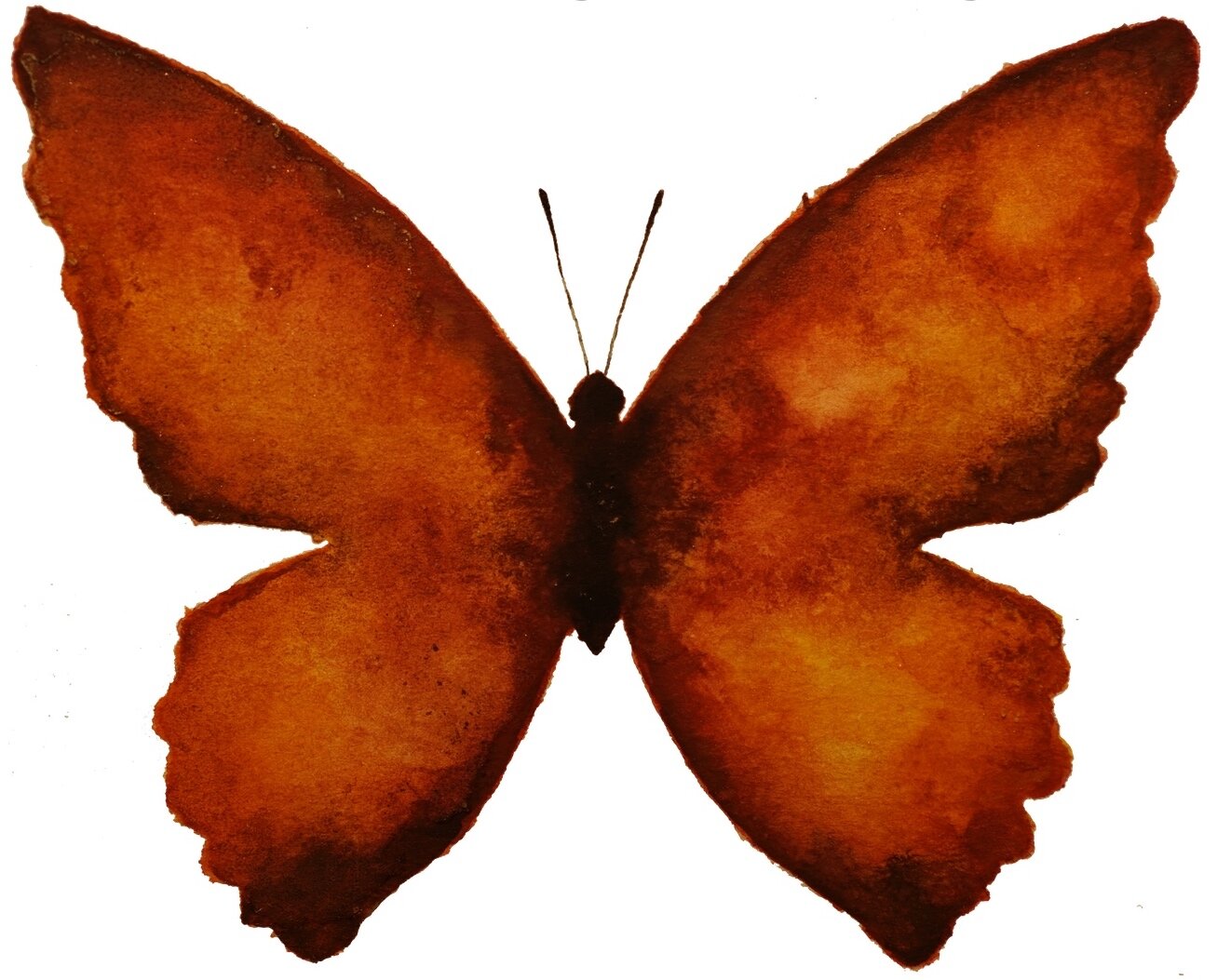456: Can I feel calm without medication?
We're sharing our favorite tips for feeling calm without medication; including herbal teas, mindful walking, and essential oils.
Please note: this episode is for information purposes only. If you are concerned about your mental health please speak to a qualified professional.
Points covered in this episode:
Our focus with Anxiety Slayer is always on what you can do to calm anxiety and reclaim your life. In our experience, it is possible to feel calm without medication and we will share our favorite techniques and lifestyle adjustments for achieving that here.
That said, if you need to look into medication, it does not mean you have failed. Support for anxiety is available in a broad variety of approaches, including medication. It’s also important to note that taking medication and working with natural methods and lifestyle changes to calm anxiety are not mutually exclusive. One does not rule out the other - you can do both.
Make emotional health your top priority
Ayurveda - India’s ancient science of life - teaches that the most important thing to nurture is our emotional wellbeing. Even before we look at nutrition, herbs, or medications, lifestyle adjustments to support our mental health and peace of mind comes first.
Reduce Triggers
People - Energy vampires Places - Large venues, shopping mall, loud restaurants/bars Things - News, Social Media, Electronics Food - Caffeine, High sugar or High Fat foods
Cultivate Calm
The most effective way to deal with anxiety is to understand it. Listen, and find the message behind your anxiety and then make gentle adjustments.
Soft and steady is the way to go. Notice, learn, and make supportive changes. Journaling is a helpful practice to support you on your journey to building more calm in your daily life.
Note the practices that you enjoy and can feel some benefit from so that you remember to come back to them.
Developing self-compassion is important in calming anxiety.
Calming practices
Oil massage Massaging your feet with your favorite oil before sleep helps calm the mind, it is a very settling and grounding practice.
Breathing exercises Breathing is the only automatic function your body performs that you can directly influence. When you learn to direct your breath, you can have a positive impact on your well-being. You can use your breath to diffuse stress, slow your heart rate, calm your nerves and look after your immune system.
Anxious breathing is rapid and shallow, and it communicates anxiety to your body and mind. Whether you are consciously aware of it or not, anxious shallow breathing feeds into the experience of anxiety and escalates it.
Learning some breathing exercises can help you send a signal to your mind and body that you are calm and in control. Calm, deep breathing encourages the relaxation response which, cultivated over time, will help reduce your anxiety naturally.
A simple way to use your breath to feel calm:
Try this long exhale breathing practice. Breath in slowly through your nose and count to four. Keep your shoulders down and allow your stomach to expand as you draw your breath in.
Hold for a moment.
And now release your breath slowly and fully as you count to seven.
Repeat for a couple of minutes
Following a guided practice is very effective for calming high anxiety because it holds your mind’s attention and helps you follow along supported by the narrator’s directions and the relaxing music.
Hydration with Herbal Tea Keeping hydrated with warm drinks is very effective for calming anxiety, especially if you can add calming herbs to your drinks. Chamomile tea is excellent for calming stress and anxiety, and also helps treat insomnia. Chamomile can help relax muscles too.
Pure chamomile tea is readily available in most health and grocery stores. Other teas we recommend that contain chamomile are Pukka Herbs Relax and Love teas.
Mindful walking Walking is one of the best things you can do for calming anxiety and lifting low moods. Moving is real therapy, it gets us beyond feeling stuck and low or overwhelmed and it gets us out of our heads in a very healthy way.
Walk with awareness of your surroundings. Look out for birds, listen to the sound of your feet connecting with the earth, or the street. Swing your arms, drop your shoulders, relax your jaw and fill your lungs with air.
They key with mindful walking is to do a little every day. Even if it’s just for 5 or 10 minutes. Daily walking is more effective than longer walks 2-3 times a week.
If your anxiety is running high, try counting your steps with your breath for a while to engage your mind and draw it away from looping over anxious thoughts.
Try taking one deep breath in as you take four steps, and then exhaling slowly for six steps. And repeat.
Bedtime Almond Milk Drink This is a great natural remedy for calming anxiety and helping you settle into relaxed sleep.
Make a cup of warm almond milk, and add a small pinch of nutmeg and saffron. The milk helps you get to sleep and nutmeg helps you stay asleep. Saffron is soothing to the heart.
Use Essential oils for calm Lavender helps calm anxiety and build a sense of security and trust. Apply a drop to each wrist, to your neck and the centre of your chest morning and night.
The importance of support
Feeling more calm and confident is something that can be learned and developed. One of the quickest and easiest ways to do that is to get guidance from someone who understands anxiety and can help you learn new calming skills and make the lifestyle adjustments that support you.


